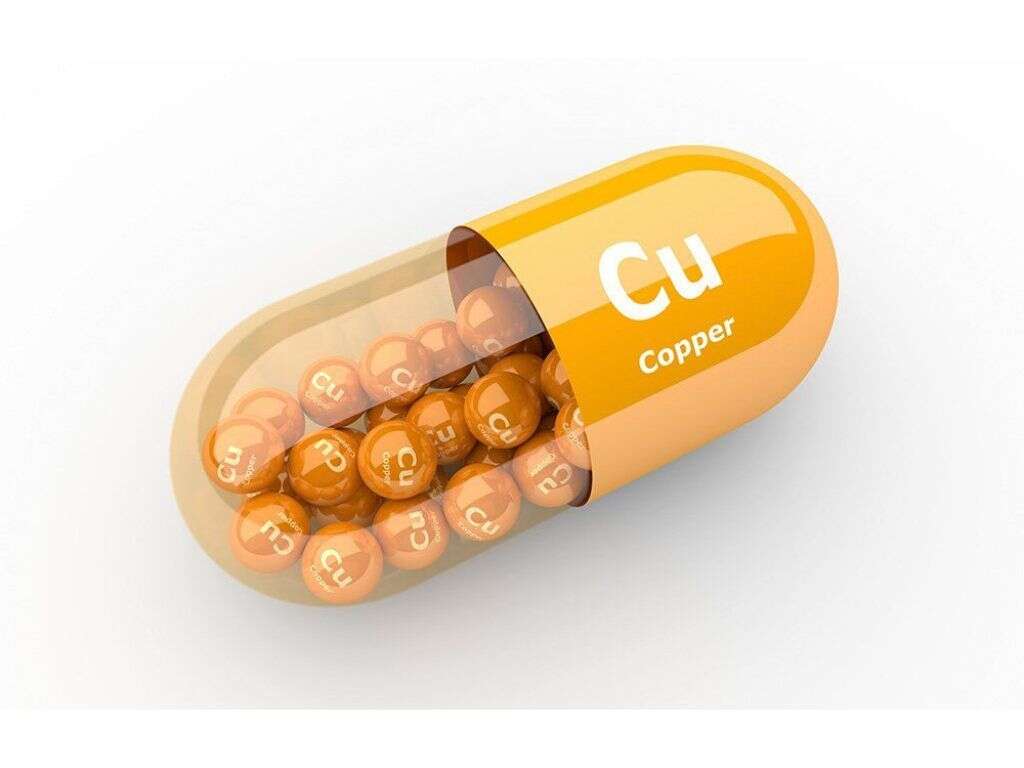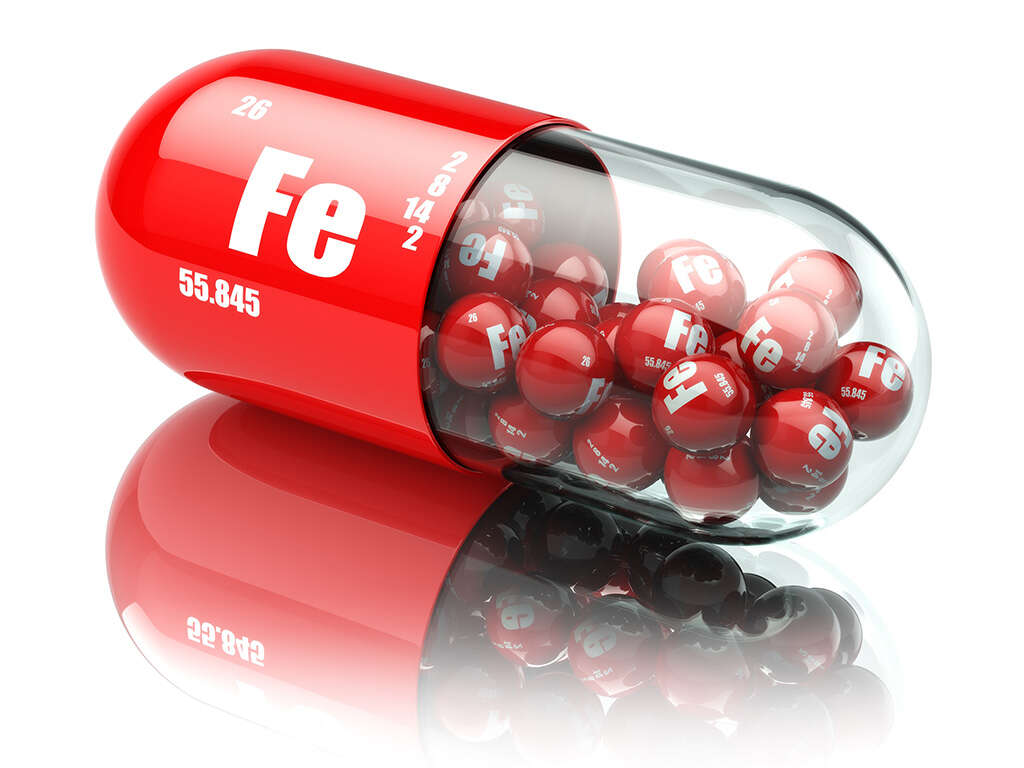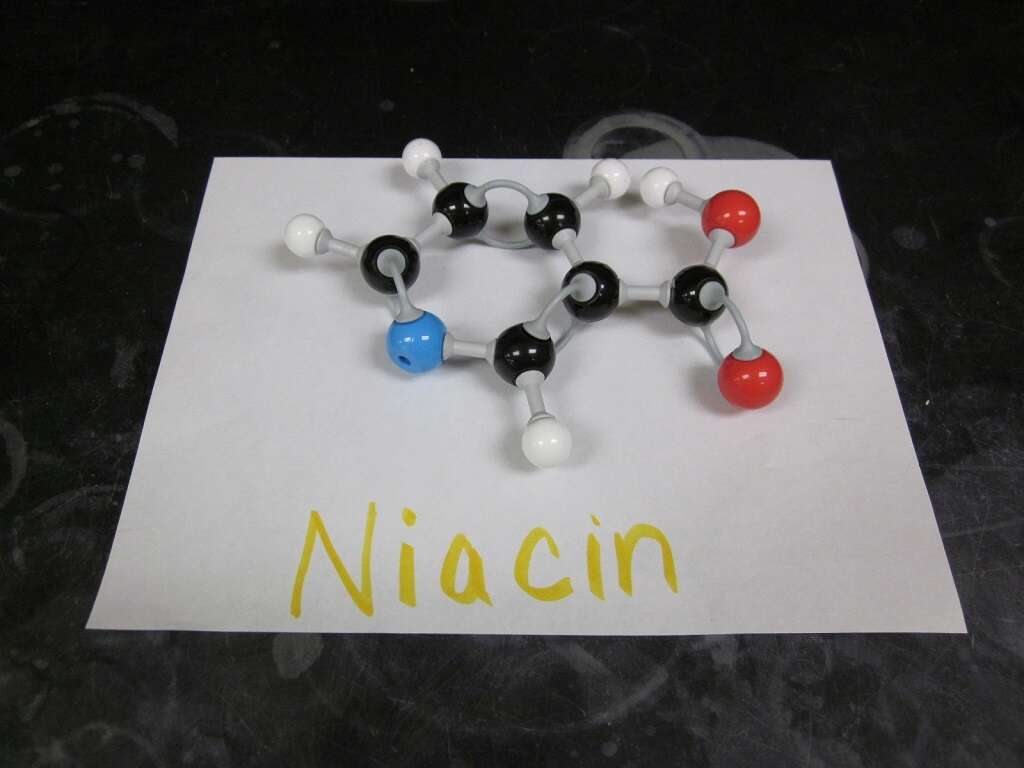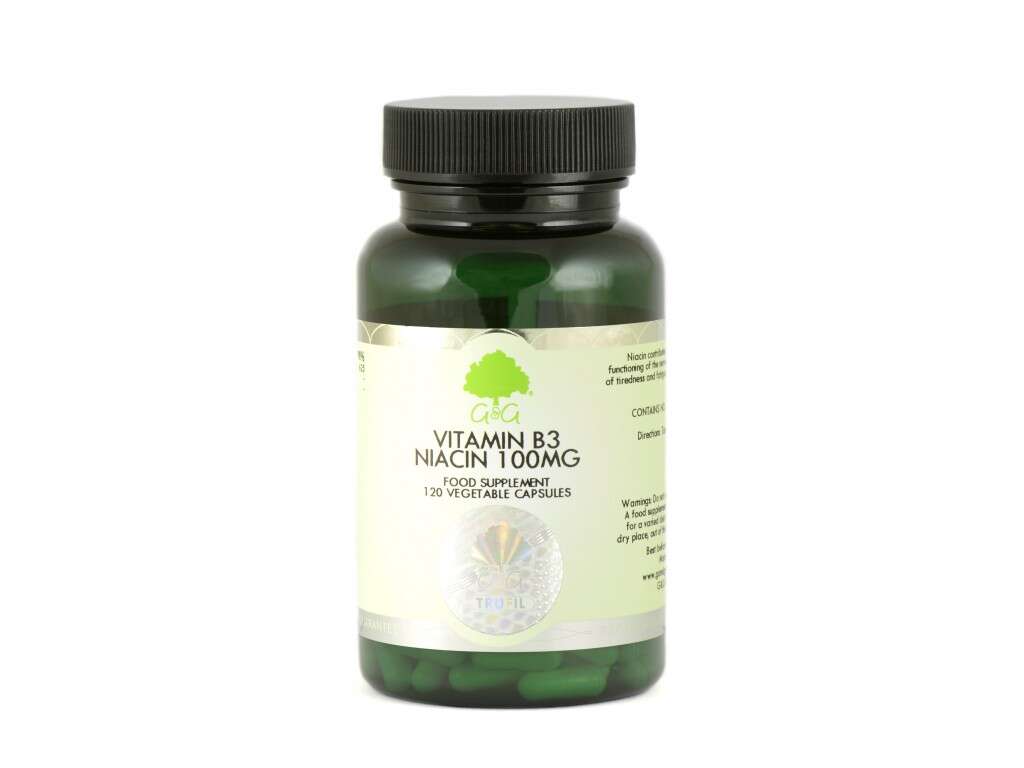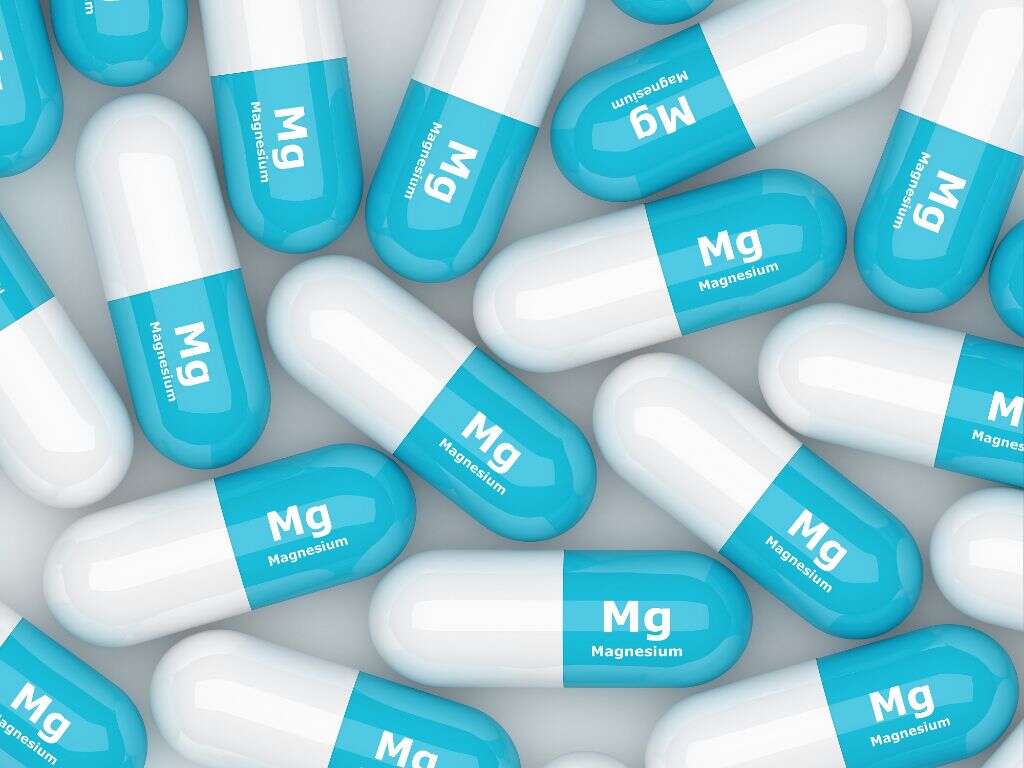10 Side Effects of Niacin
Niacin is a vitamin that is also known as vitamin B3. It is found naturally in a wide range of fresh and processed foods. It helps us to convert our food into energy, and also helps to boost our immune system and keep our skin looking healthy.
It is often added to certain foods such as cereals to help promote good health. Niacin is sometimes used as a supplement as a treatment for high cholesterol.
While it is generally safe to use in reasonable doses, though, it can be harmful to us if we consume too much of it. Niacin can bring on a range of side effects, some of which should have you reconsider using it.
Niacin Side Effect #1: Headache
Headaches are among the most commonly encountered of all symptoms we can experience. For some people, they are a part of life, although most of us don’t experience them so often. They can be caused by severe illness, just a mild cold or even by tiredness. They can also be caused by having the wrong diet or by certain supplements.
If you have been experiencing headaches and you have been using niacin, niacin may well be the cause. It can be difficult to get to the root of the problem because headaches can be caused by so many things. If the symptoms are too uncomfortable for you and causing you some concern, you should consider speaking with a doctor.
Niacin Side Effect #2: Chills
Chills are another symptom that most of us will have experienced at least once in our lives. They are a clear sign that you are ill and are commonly caused by the flu. Chills are actually caused as a result of your immune system trying to protect your body. Sometimes, they can be caused by supplements such as niacin.
Chills are caused when your body’s internal thermostat is adjusted when your body is trying to fight off an illness. With your thermostat adjusted to make your body heat up, you feel cold even when your body is hot or at a natural temperature.

Niacin Side Effect #3: Nausea
Some symptoms of illnesses can be really quite unpleasant, and nausea can be very unpleasant indeed. In some cases, it can be quite mild, making the patient feel a little uncomfortable. At other times, though, it can be debilitating and difficult to bear. It is not necessarily a painful symptom, but still one that can leave patients begging for it to stop.
Nausea is quite common in people that have something in their bodies that should not be there. It helps to encourage the action of vomiting which will help to purge any unwanted items from the body. It can be caused by niacin and you should arrange an appointment with your doctor should symptoms persist.
Niacin Side Effect #4: Vomiting
Vomiting is not nice but it is often necessary. Vomiting helps you to eject unwanted items from the body. It could be toxins, bacteria or other pathogens. It could also be a case of simply having eaten too much of a particular food, or too much gas in the stomach.
Having too much niacin in the diet can also lead to vomiting, which is likely to go side by side with nausea. While vomiting in itself is not necessarily harmful, ejecting food from the body is likely to lead to nutritional problems if it continues for too long.

Niacin Side Effect #5: Flushing
Flushing is quite a common occurrence and not necessarily down to being ill. It is sometimes simply down to being embarrassed or excited for some reason. At other times, though, it could very well mean that all is not right with you in terms of your health. If you have been using niacin supplements, there is a good chance you will experience flushing.
Niacin flushes occur because the compound causes blood vessels to dilate. This then allows an increased flow of blood just beneath the skin which we experience as flushing. It is a common symptom and not something that should cause alarm on its own.
Niacin Side Effect #6: Itching
Itching is often caused by something that is just under or on the skin. It is sometimes a way of your body letting you know that something is there that shouldn’t be. If a chemical was to land on your body, for example, you will soon be alerted to it. At other times, though, it is more of a reaction to something rather than a means of communication.
When niacin causes the blood vessels to dilate, it causes the blood flow through those blood vessels to increase. This increased blood flow can irritate the nearby skin, resulting in what we feel as an itch. It is a fairly common symptom of niacin but can also be a sign of an allergy so you should speak with a doctor if it is severe.

Niacin Side Effect #7: Sleep Problems
When it comes to the right time at night, our pituitary gland, which is located at the base of the brain, begins to release a certain hormone. This hormone is called melatonin and is responsible for helping to make us feel sleepy. This helps us to maintain a healthy pattern of sleeping at the most suitable times.
Certain vitamins can affect the functioning of melatonin, though, and this can cause us to have difficulty falling asleep. It is not uncommon for people that are taking niacin to experience insomnia and this can lead to a significant drop in their overall quality of life.
Niacin Side Effect #8: Diarrhea
Our digestive system needs a certain amount of time to be able to extract the nutrition and water that it needs. If it is not given the time it needs then it will not get enough nutrients and will also not get enough water. This can result in watery stools in what we know as diarrhea. It can also lead to some very awkward instances of the patient struggling to make it to the bathroom in time.
Diarrhea is a fairly common symptom associated with niacin usage. While it is not usually something to worry about in itself, it can lead to dehydration and nutritional problems if it persists.

Niacin Side Effect #9: Liver Damage
Our livers are very important to us because they help to remove potentially harmful substances from our bodies. Without them, our bodies can become toxic and this could well kill us. It is important to take care of our livers but too much of certain substances can cause damage to them over time.
Even otherwise useful compounds such as vitamins can cause damage to the liver if there are too many of them in the body. This includes niacin and it is recommended to limit its usage because of the potential for liver damage. If you are using niacin and you are experiencing symptoms of liver damage, you should see a doctor as soon as possible.
Niacin Side Effect #10: Muscle Pain
Muscle pains are not uncommon. It is quite often down to sitting awkwardly or maybe having exercised recently. It is usually nothing that some rest or a good massage won’t fix. If you have been taking niacin, though, then it is something that you should probably pay close attention to.
Niacin can actually increase the risk that your muscles will begin to break down. This will result in pain and soreness and such symptoms should encourage you to speak with a doctor. This is quite rare, though, so it is not necessarily something to be alarmed by. It can still be wise to let your doctor know just in case, though.



